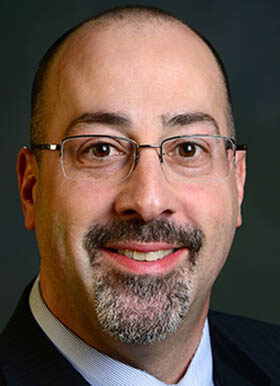
Barbara van der Schalie, MA
Senior Clinical Research Training Manager
Clinical Monitoring Research Program Directorate
Frederick National Laboratory for Cancer Research
Abstract: Professionalism is a key component of a dynamic, thriving workplace and a defining element of a productive workplace culture. As clinical research becomes more generationally diverse, professionalism standards are becoming less consistent. This article describes the changing concepts of professionalism, how it is judged, and how to optimize professionalism to benefit individuals and organizations.
Continue reading Creating a Professional Workplace →








